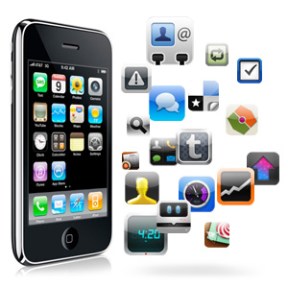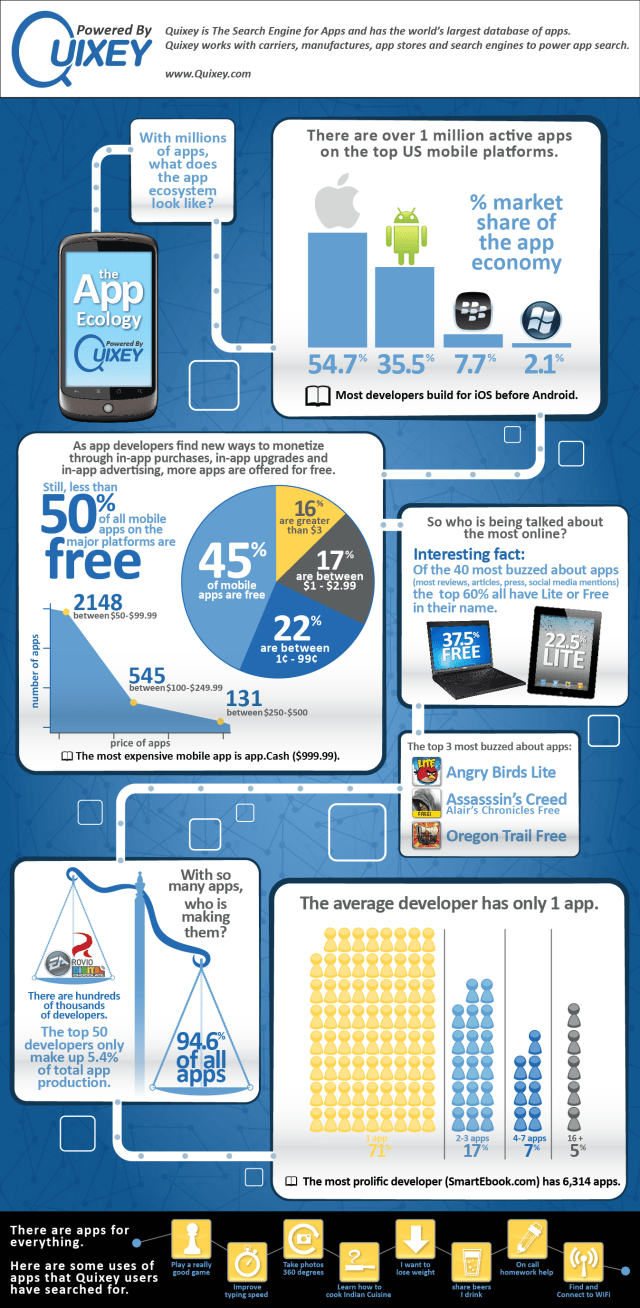Working remotely, on your own schedule, from wherever you want, can be a pretty sweet gig. But once you've nailed down an income that allows you to travel, being productive from your choice corner of the globe isn't as easy as it sounds.
To succeed, you need a solid Internet connection to the mothership, even if that mothership is your own blog. And while much of the world is now wired, travelers tend to find themselves in places that offer slow Internet connections or no access at all.
Whether you're logging the hours for yourself, or for a company that recognizes the power of flex-work, here are a few tricks for working online while traveling.
1. Write With a Non-Web-Based Program.
Whether you create blog posts, emails or reports, write in Microsoft Word, Notepad or a text editor that doesn't require an Internet connection to function, suggests Srinivas Rao, host of BlogcastFM, who recently spent six months in Costa Rica. Then, when you do gain Internet access, quickly cut and paste that text into your email or blog. This will also prevent lost drafts if you have connectivity issues while writing.
2. Use Twitter for Mini-Updates.
It may be difficult to respond to emails, upload photos or post updates to your blog when your connection is slow or intermittent, but getting a tweet live requires only a short burst of connectivity.
Rig your tweets to show up on Facebook (which can be impossible to load with a slow connection). And add a prominent Twitter widget to your blog sidebar, so readers can catch a quick update, even when a full blog post is unlikely.
3. Get Organized.
Determine what you need to accomplish on any given day, whether that means sticking to a blog schedule or creating a checklist for your client work.
"Knowing what you need to do is almost as important as doing it," says blogger Chris Guillebeau, who's on a mission to visit every country in the world. "I can write anything at almost any time as long as I know what's needed — so I try to select blog topics in advance, then work on them as time permits from the road."
4. Take Advantage of Transportation Time.

"Some of the best writing ideas I have are while I am sitting in a bus or train for hours on end," says lawyer-turned-world traveler Michael Hodson. "The arrival in a new destination is even sweeter when you have a [blog] post or three ready to be typed up and scheduled for publishing."
5. Pack Smart Gadgets.
When I backpacked through Africa in 2008, I carried an Asus Eee PC, a mini-laptop that didn't weigh down my pack, and allowed me to tune in whenever I happened to find a Wi-Fi connection. Now you can choose from even more tablets. For instance, Hodson swears by the Kindle 3G because it offers free Internet access in more than 100 countries.
Others rely on AirCards or portable hotspots, which can be expensive, but will save you hours when searching for a quality connection. Guillebeau likes Boingo for worldwide Internet access and the personal hotspot iPhone feature for domestic travel.
Remember to plan in advance — certain gadgets only work in certain countries. Whatever gadgets you decide to bring, carry them in a discreet case. If a bag looks like it holds a camera or a laptop, it's more likely to get stolen.
6. Use Tools for Efficiency.
You should be using these tools at home too, but if not, this is a perfect excuse to incorporate them into your routine. Twitter lists, for example, will help you quickly sort and pull out relevant tweets. Before leaving on your trip, create lists by people or topics that will help you decrease your computer time.
Hootsuite is another fabulous tool for increasing your Twitter efficiency. It's a web-based Twitter client, which means you can access your account even when you're not using your own computer.
7. Set Up Ahead of Time.

This may sound obvious, but travelers often overlook just how much they can accomplish before they actually leave. For instance, write and schedule blog posts and newsletters, set up online bill payments, and use your weekend hours to get ahead on client or company projects. This way, you'll have fewer must-do assignments on the road.
If you're blogging, become familiar with your platform months or at least weeks in advance of departure. The last thing you want to do in an Internet cafe with a slow connection is try to figure out how to put a border around a photo or approve a comment. Get into the groove before you go, so you can spend more time enjoying your destination.
8. Be Smart About Wi-Fi.
Upscale hotels usually offer a quality connection, even when the rest of the town is unwired. Even if you're not paying a pretty penny for a hotel, grab a drink at the bar or surf from the lobby while projecting an air that you belong.
You might also try the nearest McDonald's, Hodson suggests. "I despise eating American fast food while I am traveling," he said, "but in countries like Australia and New Zealand, with their very expensive costs for Internet access, you could regularly find me having a morning coffee or afternoon soft drink in a McDonald's, with my computer open and wired into the world."
And don't forget to check for Wi-Fi in places you might not expect it. Sometimes you'll discover a signal that belongs to a family or a university down the road – a discovery that will make working from the road that much easier.
Images courtesy of Flickr, Scott Ableman, shapeshift, Lee Jordan

























 December truly is the most wonderful time of the year for small business owners. Besides the
December truly is the most wonderful time of the year for small business owners. Besides the 








